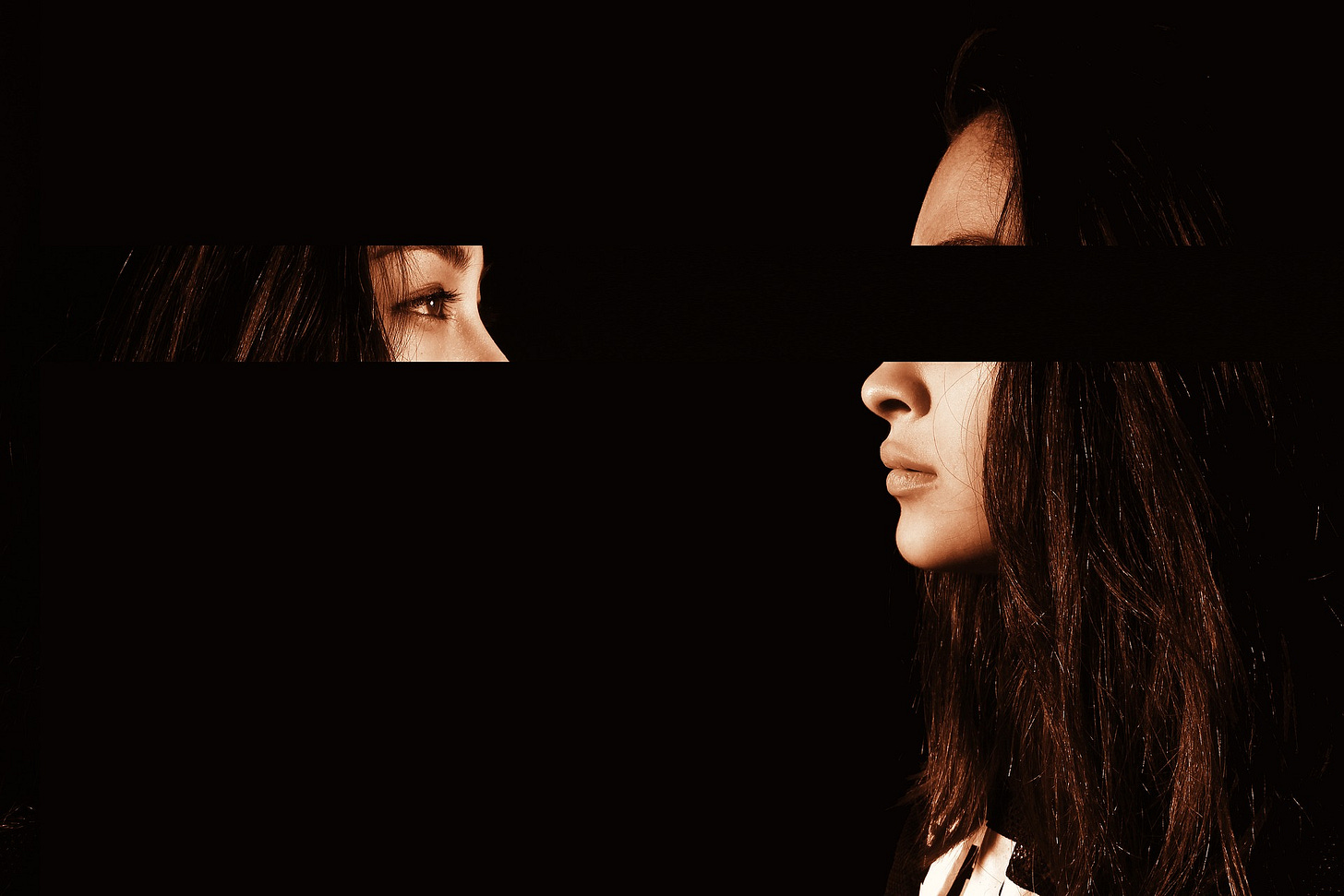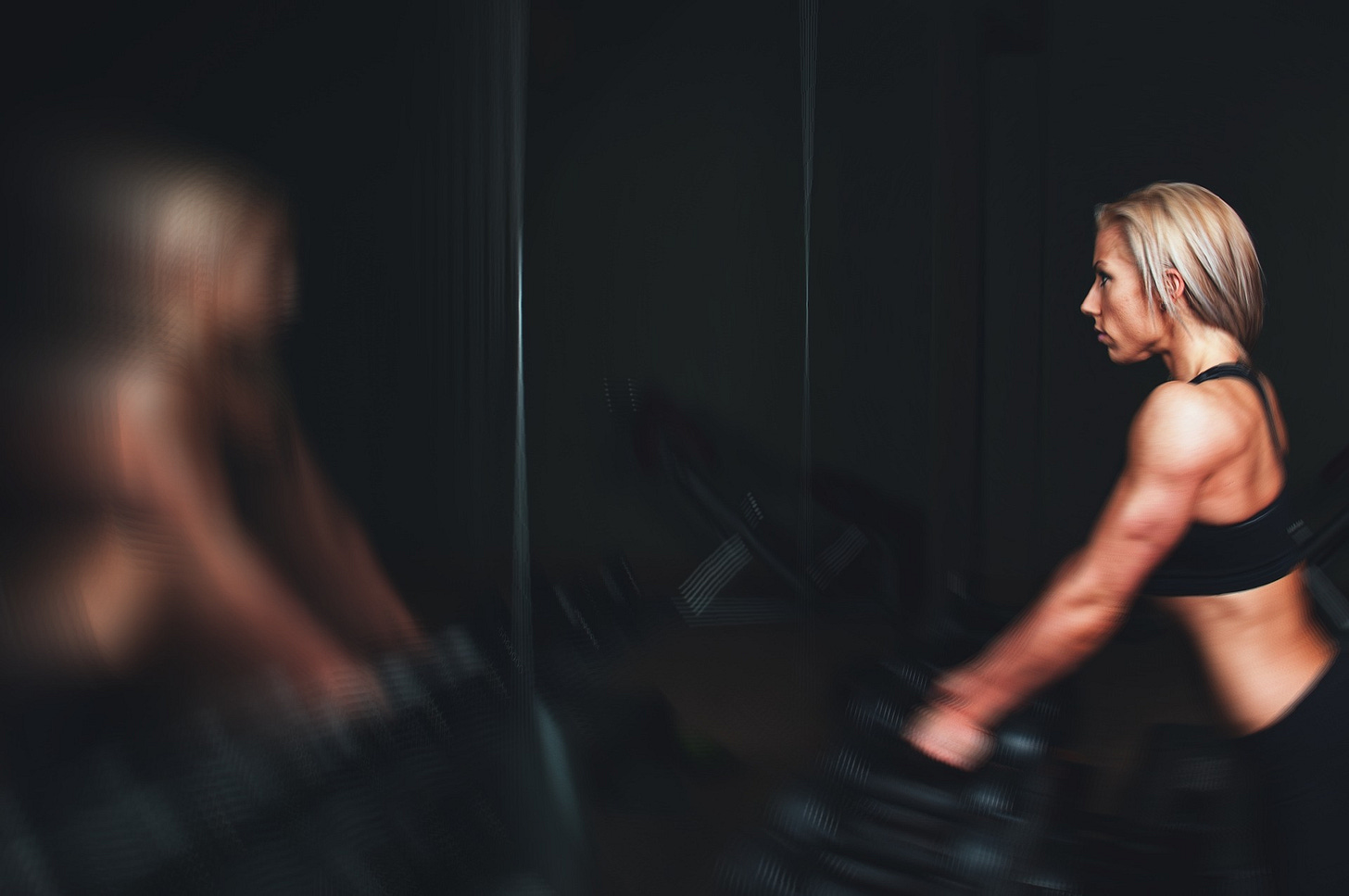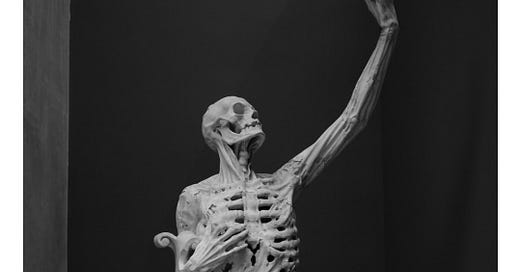Do you accept or seek to accept your body? Invitation to podcast interview. (Revised)
This is not a promotion for service or offer. I just want to interview people who are in that journey.
Note:
It is clear that this is a bittersweet topic, however it is important that you read until the end so that you reach an informed conclusion, should you decide to share your story.
This interview is completely voluntary. There are no prizes, no costs, no obligation subscriptions. However, it can be an experience of self-knowledge and acceptance.
It would seem that I am being arrogant in several things that I will mention here, - however I think this topic requires one to be direct; and that way - if you want to share your story on my podcast - you already have a better idea of what I'm like and the experience beforehand. If you have questions, ask! (In the comments below or via email).
Read the description of each photo.
This writing does not attempt to present an absolute definition of the concept of body acceptance. Nor should it be considered as clinical advice. What I say is based on my experiences, education, and curiosity.

Do you accept or seek to accept your body?
Have you achieved it, and you have even achieved better health, serenity in your life, less physical pain, less frustration, more self-esteem, and better quality of life - by leaving some program or toxic ideal of exercises or diets, image, transformation, cleanse, etc.?
Or, have you made the decision to start accepting your body? What led you to that?
Any gender, preference, religion, or age. Any body type (skinny, chubby, in between). Or any condition - physical or emotional - that led you to deny your body. Acceptance is not one-sided.
To consider before contacting me
I know this is a delicate and difficult topic - to accept and to confess. Do not contact me if you are not sure that you are at least willing to talk about it in private (email, and call).
It is important that we have one or more conversations prior to the podcast talk (totally anonymous until the time of publication of course), and nothing will be recorded until the time of the interview. The interview can be done on video, but I only publish the audio. However, understand that I will take my notes for reference.
We would have to get to know each other and accept each other to a certain extent, and reach an agreement so that this can be done; health, history, values, motivation, experiences, frustrations, tastes and preferences, among other personal things. This is not a life transformation program, or a reality show, this is an interview, so we set the limits in the first talk and from there we go, if we agree to continue. The idea is that you feel comfortable talking about yourself.
This is not a coaching session or program, or promotion for any service or product.
You are going to tell me your story and I am going to tell you mine, which requires mutual acceptance and respect for our values. Going straight to the point, for my part, if you have no problem talking to someone who might have different political or spiritual beliefs that those of yours, we are good to go. On the other hand, you must accept that I also create content not related to fitness. Topics that may not go with your ideals. Can you accept that? Remember that this is to share your story, and your interview would not be about those things.
I mention this because I have been considered honest, a good person, intelligent, and professional by others, until those things come out. I would rather tell you up front!
I've never done this type of interviewing, so in a sense, even though we're different, we learn together in the process. Of course, at any time you can stop everything. This is totally voluntary.

About body acceptance
I know that this is not something that one really achieves at all; there are always doubts, insecurities, ego, and social pressure. Yet many people have had ‘success stories’ when leaving toxic health programs or ideals, and living a better life. And these are valid and real stories.
Being a physical educator and personal trainer, I understand the importance of physical activity, nutrition, as well as the consequences of chronic sedentary lifestyle and dysfunctional obesity. However, one of the issues is developing a good relationship with these concepts, and accepting that forced exercise and unnecessary diets also do harm.
Body acceptance does not mean becoming a sedentary person and having careless nutrition, ignoring the signals that the body gives us, or ignoring real health issues; but neither does it mean failing yourself or failing society, or anyone else, or any ideal.
Movement and good eating are necessary to survive, live, and enjoy. We know that reduced movement capacity and poor nutrition lead to many (negative) health conditions, and even death. However, physical appearance is not always significant for the level of health, physical functioning, happiness, serenity, economic success, libido, faith, good vibes, or beauty (in fact, less than we imagine).
I think the process of accepting, and adapting to the changes that come with it, is like walking into a forest where you don't know when it ends or which path to take. One in which you have no idea if you are prepared or not, and in which you have to learn to use your senses, and your intuition; to learn new models of thought (or re-learn), to seek to lower the social noise, accept harsh realities, and face your vulnerability (sometimes on purpose). This cannot be guaranteed in 12 weeks, sometimes in years - and in many cases never, as we are subject to our emotions, impulses, and social pressure, economical changes, and trauma... But I also believe that the process is more important than the goal, and that is where the focus should be.
“For that to happen we have to stop distracting ourselves by pretending that it's not happening. If it is happening, the first step is to accept it”, I heard people say.

On fitness and nutrition tips during the talks and the interview.
The purpose of this interview is to share your story, not advice or tips. However, I have worked in health and fitness for around 20 years so I may have some recommendations.
Another thing is that I am not a guru in this, and I also have my insecurities and my ego. Who said that trainers fully accept themselves and don't have insecurities about their bodies? I do not have a track of physical transformations of clients, nor of hundreds of impacted lives. That I have helped I have helped (and many people), but I have also failed (and many people too).
That apart from the fact that the issue of body acceptance (and of oneself) is already complicated. There are so many definitions and feelings on the subject that we have to take it carefully and without forcing it too much (just like with fitness and diets).
I understand that if you are seeking to accept your body you will have some questions. However, I may not have the answers, or the answers offer may not be comfortable (I'll explain why in the first chat we have in private). Although remember that the focus is going to be your story; in things, experiences, frustrations, trauma, ego, peer pressure, etc., that led you to seek body acceptance.

What do I gain from this, and what do you gain?
I get to share your story in my podcast, and as reference for my book about what I call the dark side of fitness.
About what I have experienced as an individual and as a professional in this field, and about the impact of trends in the fitness and wellness industry on society; from the high incidence of supplement and exercise addiction, suicide attempts, entire family breakups, children forced into competitions and extreme workouts, churches with weight loss cults, and laws affecting the health and fitness of the general public.
I know that not everything is dark, that there are success stories, and that programmed exercise and diets have their benefits - functional, therapeutic, and have even saved lives. There's no doubt. But they have also harmed many people - in my book I explore that side.
In your case, what do you gain?
Through this experience, you can gain valuable insights from me (as an educator, trainer, and as an individual, or from my story), or from the interview experience itself. Perhaps, a different perspective on the subject. As I mentioned, this is completely voluntary and there are no prizes.
The fact that you have sat down to write an email with the purpose of telling someone your story (in this case me) requires a lot of courage. That in itself is of great emotional value.
Let's share those success stories and anecdotes that can inspire others to accept themselves, or at least consider other points of view on health and fitness.
This is an open invitation for anyone who wants to share their story of body acceptance.
I know that talking about this is very difficult. Take your time if you need to, before sending an email.
Send me an email with the title: ¨Body Acceptance Interview¨, your name and a little about yourself - what do you do, your favorite food, what is your hobby, etc. - and we can start talking.
vytpodcast@gmail.com
Write your email in the box below ↓ to support me and receive notifications of other interviews, writings, podcasts on other topics, recipes...



